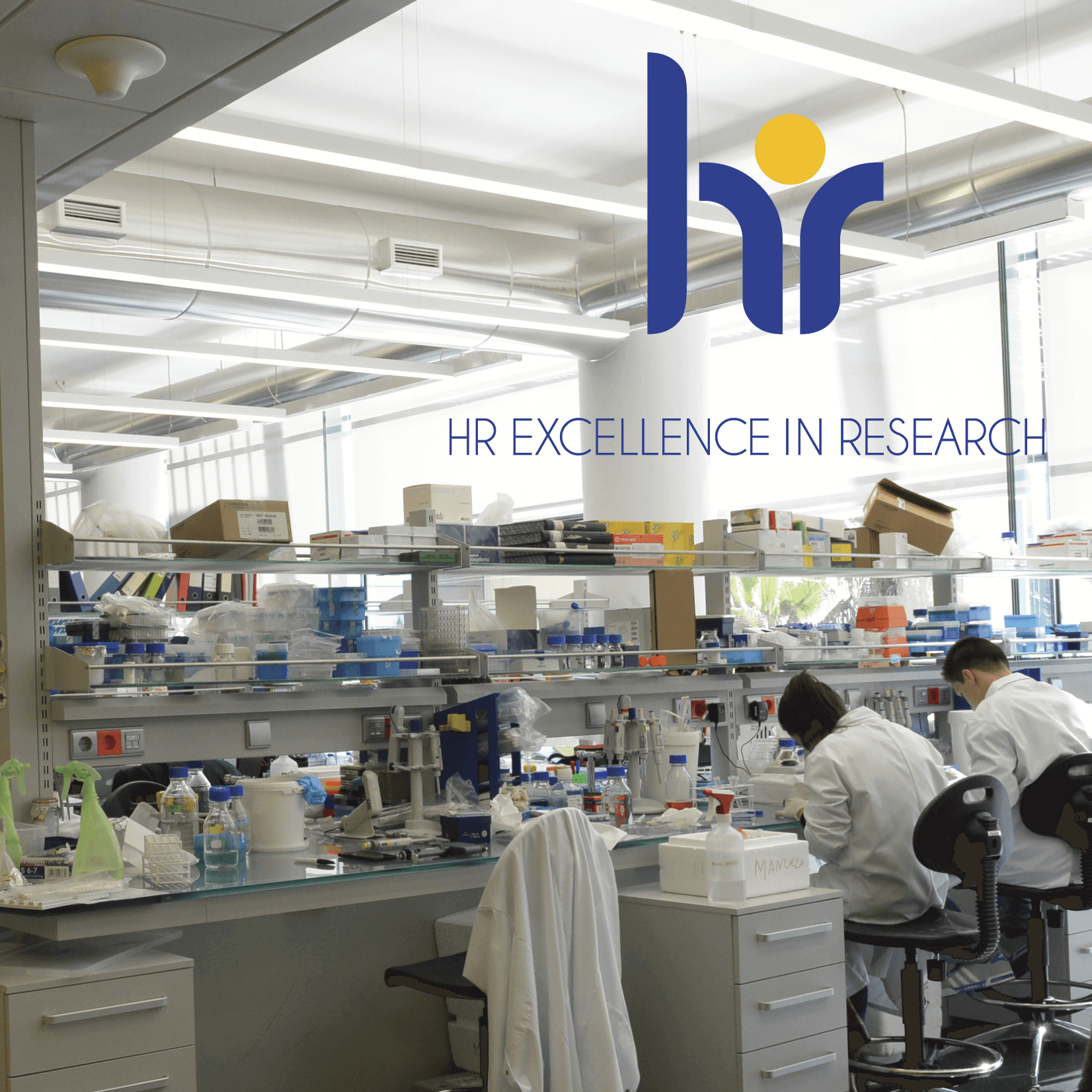Advanced Preclinical Models for Therapeutic Discovery and Validation
To bridge discovery and clinical benefit, the lab develops and uses patient-derived organoids (PDOs). These 3D "mini-tumors" grown from a patient's own tumor tissue, overcome the limitations of traditional 2D cell lines. PDOs offer high fidelity, recapitulating the genetics, histology, and heterogeneity of the original tumor, and can be established with high success rates from small biopsy samples.


